Ragupathy Kannan is amongst the birders who have uploaded a large number of old (dated before 2014) lists and valuable records to the eBird India database. This section of birder profiles aims to thank those who have taken the efforts to upload their old records.
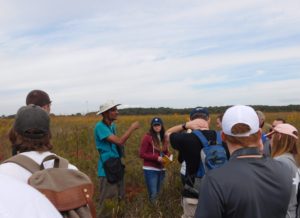
Ragupathy Kannan with his students
1. Please tell us a bit about yourself. Where do you live? What do you do?
I live in Arkansas, USA. I am a professor of Biology at the University of Arkansas, Fort Smith. You can find more in my eBird profile.
2. When did you start watching birds?
1981, when I was 18 years old.
3. Has birding changed for you over the years? Has eBird changed birding habits?
eBird has, in many ways, made me a better birder because I note bird numbers, distances travelled, time spent, etc. more meticulously. And I try to record photos and audio and upload them as much as I can.
The only drawback of eBird is that it does not overtly encourage people to maintain notes on behaviour and ecology. I was trained by Dr. Salim Ali, and he emphasized heavily on getting to know the bird rather than make lists. My eBird lists are often with field sketches and extensive notes on habits and habitats. Here are three examples: S23291984, S23089774, S26509700
4. Has uploading your records to eBird been helpful?
Absolutely. I use them to generate temporal patterns of occurrence. In fact I am working on a paper that would, when published, use the eBird database to revise the known winter distribution of the Forest Wagtail in peninsular india. Here is a sneak preview: note that it is not a passage migrant via Chennai and Bangalore as the literature says.
5. So many years of birding, what continues to excite you?
The joy of being in pristine tropical environments is always an irresistible pull for me. I also like going to the same places again and again with students and birder groups to promote sustainable ecotourism to support local communities and family-owned businesses.
6. What is/are your favourite birds and why?
Hornbills are among my most favourite. I did my PhD thesis on the Great Hornbill in southern India and have been involved actively in Hornbill research for nearly 25 years now. Nothing can better the experience of staking out a Great Hornbill nest from a camouflaged ground hide. You feel like you are transported to the time of pterosaurs and pterodactyls.
7. What is your favourite place to watch birds?
Belize and Trinidad. Both are relatively untouched and sparsely populated countries with a strong conservation ethic. Both are short flights from where I live, so it gives me the chance to share my passion for the tropics with my American students.
8. Do you have any advice for beginning birdwatchers and naturalists?
Please do what you can to conserve habitats. You should not enjoy birds without giving anything back in return. Join conservation organizations. Write petitions to protect birds and their habitats. Keep in touch with watchdog groups like Conservation India and join them in their science based crusades.

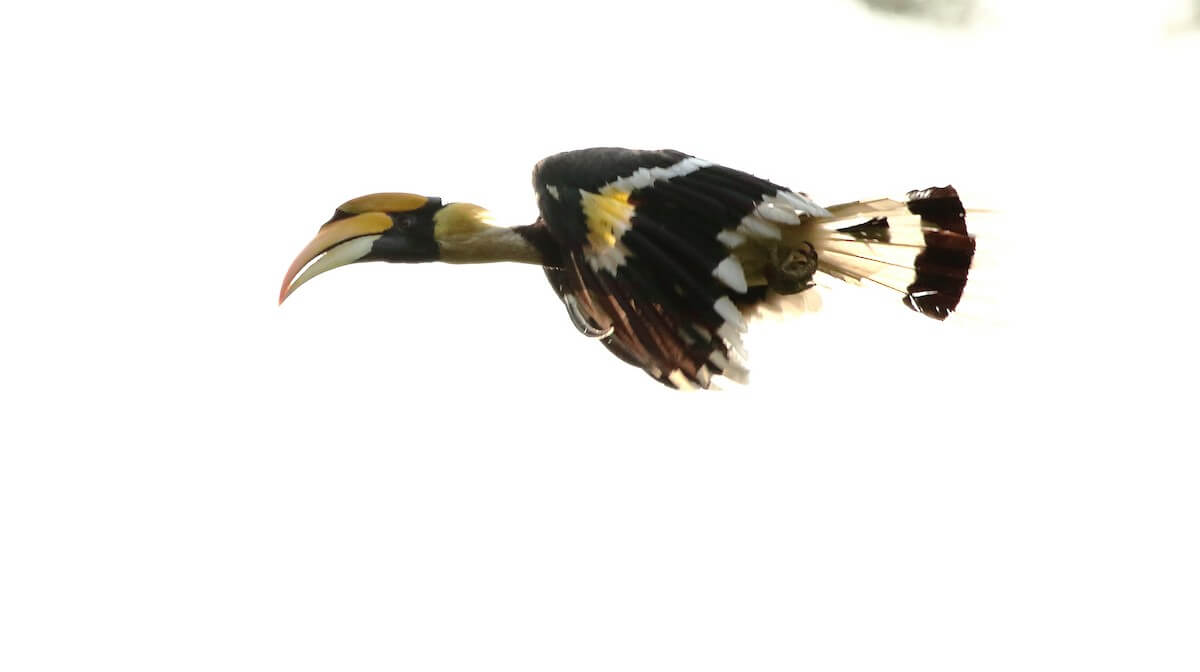
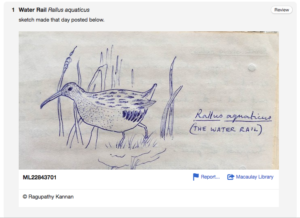
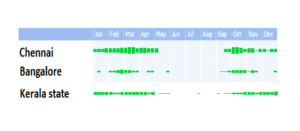
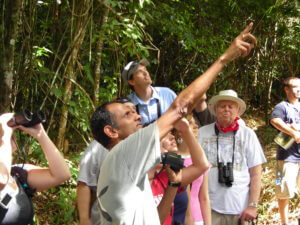
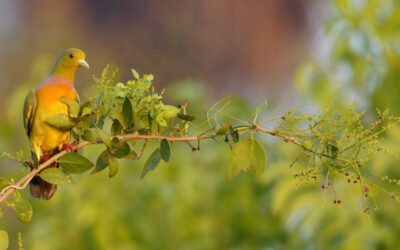
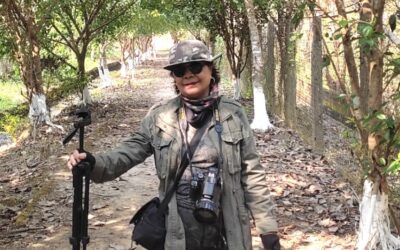
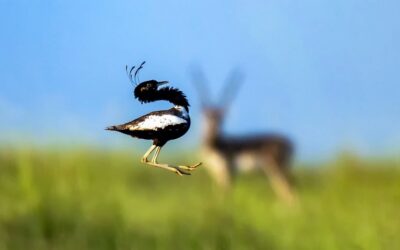
Amazing Work ! Your narration is a inspiration to many birders like me. Unfortunately could’nt open the checklist link provided here.
Sorry about that and thanks for pointing out. The links should be working now.
Thanks Ramit ! The links are working and very interesting to see so much details while entering data. Lesson learnt, hope to apply where ever possible
Want to start a bird watchers club in school students in Kumbakonam, can some volunteer guide, start of year April is ideal for school
Yes i can guide you guys. Please send me the school details to my mail id. ([email protected]).
Birds not only fly ,but also gives us the wings to fly and also introduces us to experience the unknown..